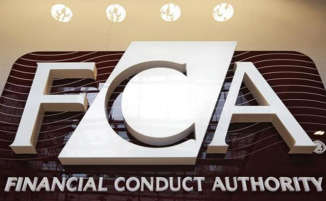The novel coronavirus, now officially known as COVID-19, was first seen in Wuhan, China in December 2019 and continues to spread rapidly worldwide. The World Health Organization (WHO) declared it an ‘epidemic’ first and then a ‘pandemic’ on 11 March 2020.
As COVID-19 cases continue to surge amid crashed markets and overwhelmed healthcare systems, it is also taking a toll on contractual relationships as countries continue to take drastic measures to flatten the curve of the pandemic. These measures include the ordering of curfews, travel bans and state of emergencies, all of which undoubtedly have enormous impacts on businesses and contracts. Continue reading “Sponsored briefing: The COVID-19 Handbook – Force majeure and contracts”
















